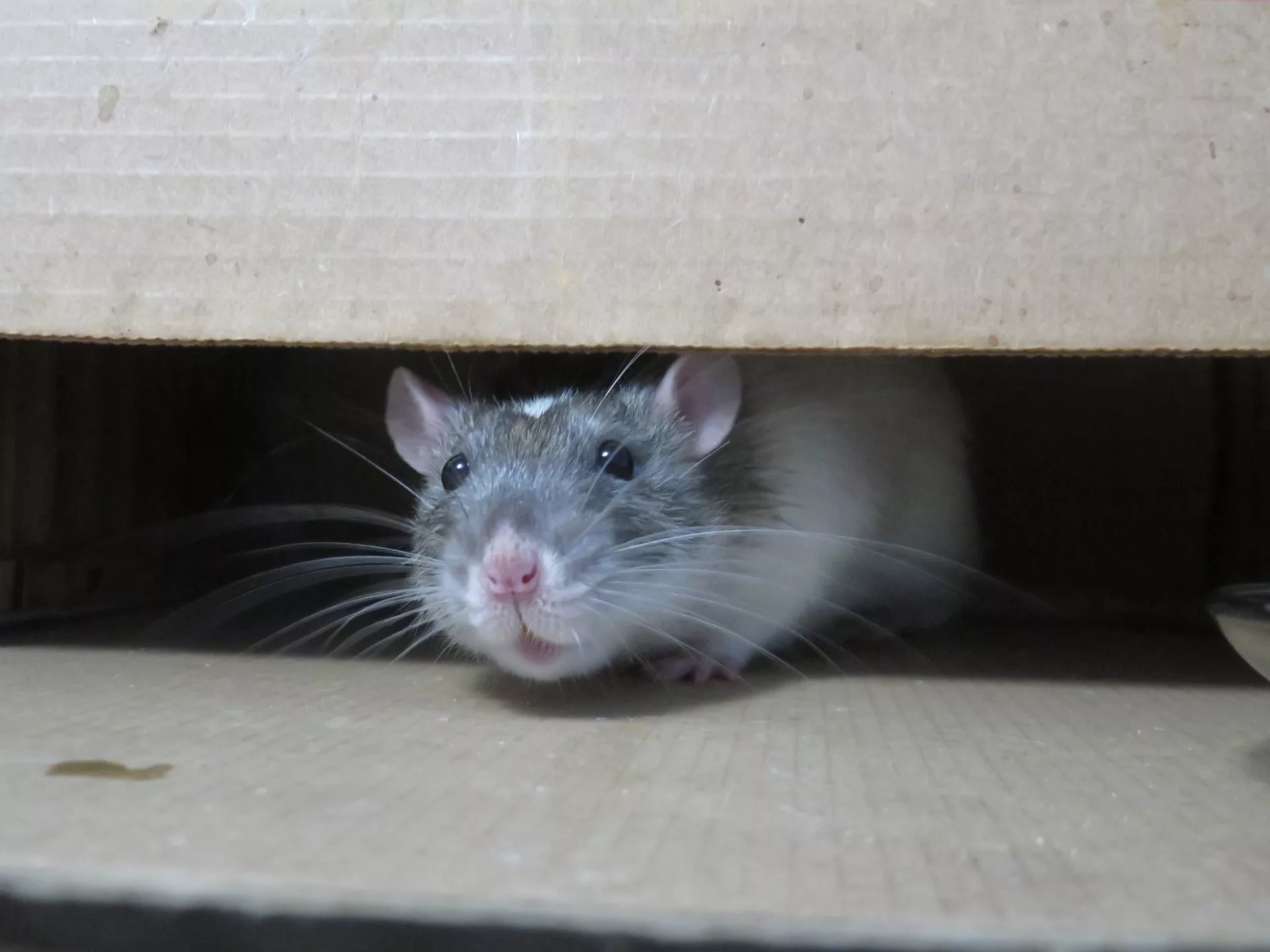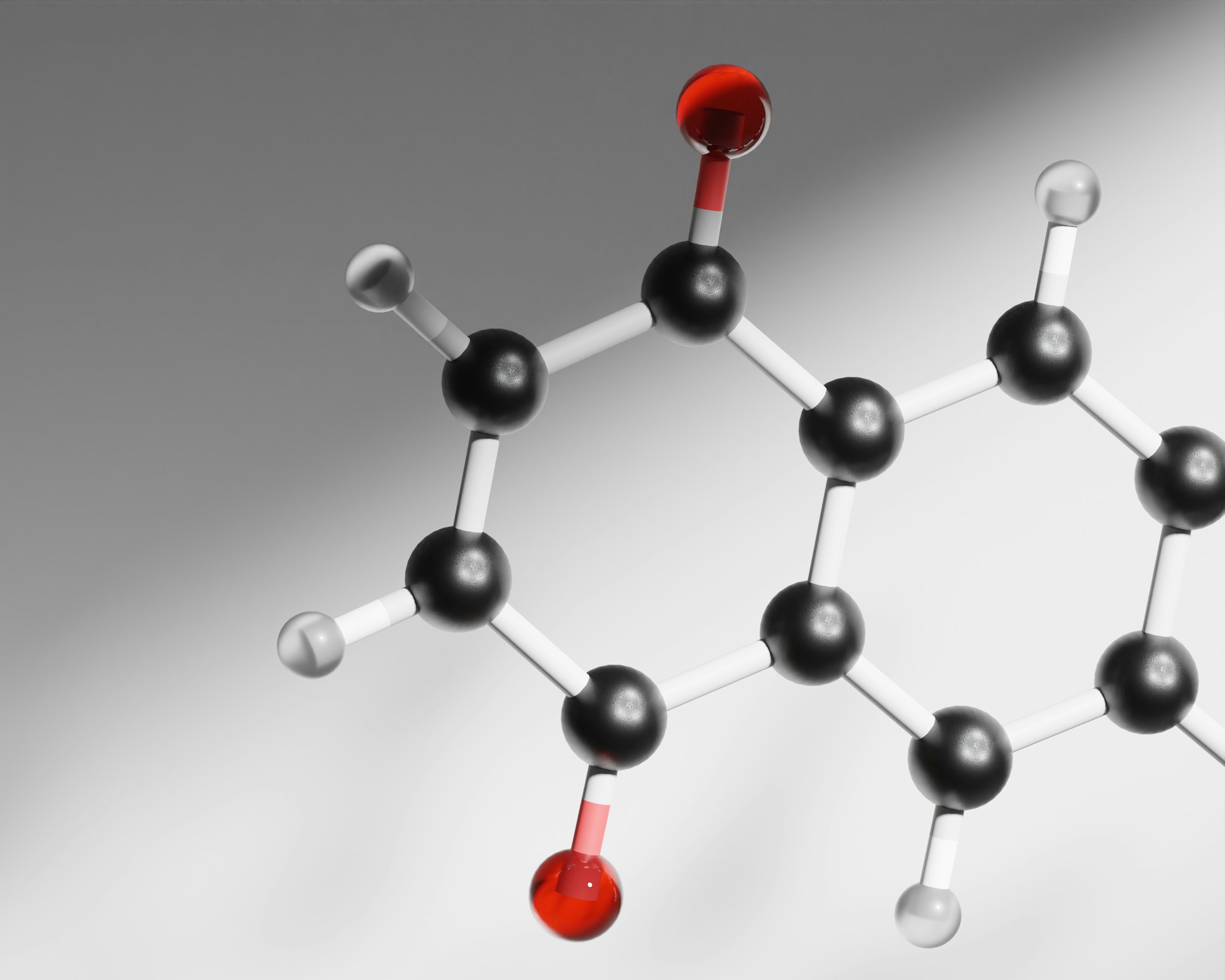The makeup of our guts has a huge impact on our brains. For the first time, this impact has been described in the context of Alzheimer’s disease. Image credit: slyfox photography via Unsplash.
Alzheimer’s is the most common form of dementia, affecting over 55 million people worldwide. It is a complex neurodegenerative disease, associated with impaired memory and loss of cognitive function. The mechanisms underlying the onset of Alzheimer’s disease remain frustratingly elusive, limiting our ability to find new and effective treatments. A recent study, conducted by Yvonne Nolan, a professor of anatomy and neuroscience at University College Cork, sheds light on the role of the gut microbiota in the onset of Alzheimer’s.
The gut microbiota describes the bacteria, viruses, fungi, and other microorganisms living in the human digestive tract. These microorganisms are involved in processes such as human nutrient metabolism, maintenance of the stomach lining, and protection against disease-causing microorganisms. The microbiota-gut-brain axis consists of bidirectional communication between the gut microbiota and the emotional and cognitive centres of the brain. The composition of microbiota can become imbalanced due to a range of factors including excess antibiotic use, a diet high in sulphur, or stress. Since this could have knock-on effects on cognition and emotion due to the gut-brain axis, the gut microbiota has become a region of interest in Alzheimer’s research, especially since we know that lifestyle choices can affect the risk of developing Alzheimer’s. Furthermore, a gene study conducted last year showed an overlap between genes increasing the risk of gastro-intestinal diseases, and those increasing the risk of developing Alzheimer’s. This link not only demonstrates a significant research gap but also potential areas for medical intervention.
The microbiota-gut-brain axis consists of bidirectional communication between the gut microbiota and the emotional and cognitive centres of the brain.
The study involved transferring faecal microbiota from both Alzheimer’s patients and healthy subjects into rats. It was found that the memory deficits often associated with Alzheimer’s could be induced in these rats because of the microbiota transferral. These rats with significant memory deficits exhibited no other risk factors for developing Alzheimer’s disease, implying that the disease was caused solely by the microbiota.
It was observed that the microbiota received from the Alzheimer’s patients had a higher number of inflammation-promoting bacteria, perhaps directly leading to the evident memory deficits. This study is the first to directly show a causal link between the gut microbiota and cognitive decline. Interestingly, the microbiota was not different in males and females, when around twice as many women have Alzheimer’s disease, suggesting that other factors may be responsible for this difference.
This study is the first to directly show a causal link between the gut microbiota and cognitive decline.
When the brains of the rats with induced Alzheimer’s were analysed, there was reduced growth of new neurons in the brain’s memory centre. The rats exhibited significantly reduced growth and survival of new neurons, possibly explaining some of the cognitive deficits and memory impairments seen in Alzheimer’s disease, since the growth of new neurons in adults is associated with higher cognitive function.
Future research could investigate whether changes in the microbiota predate the onset of memory deficit in human Alzheimer’s patients.
The exact mechanisms underlying how gut microbiota can induce certain symptoms of Alzheimer’s disease remain mysterious but are likely to be associated with inflammatory processes. Insights into this process will be key for finding new treatments to combat this devastating disease. Future research could investigate whether changes in the microbiota predate the onset of memory deficit in human Alzheimer’s patients. This could lead to the development of a diagnostic tool for Alzheimer’s, helping people receive the diagnosis and treatment they need, as well as paving the way for the development of preventative drugs.





